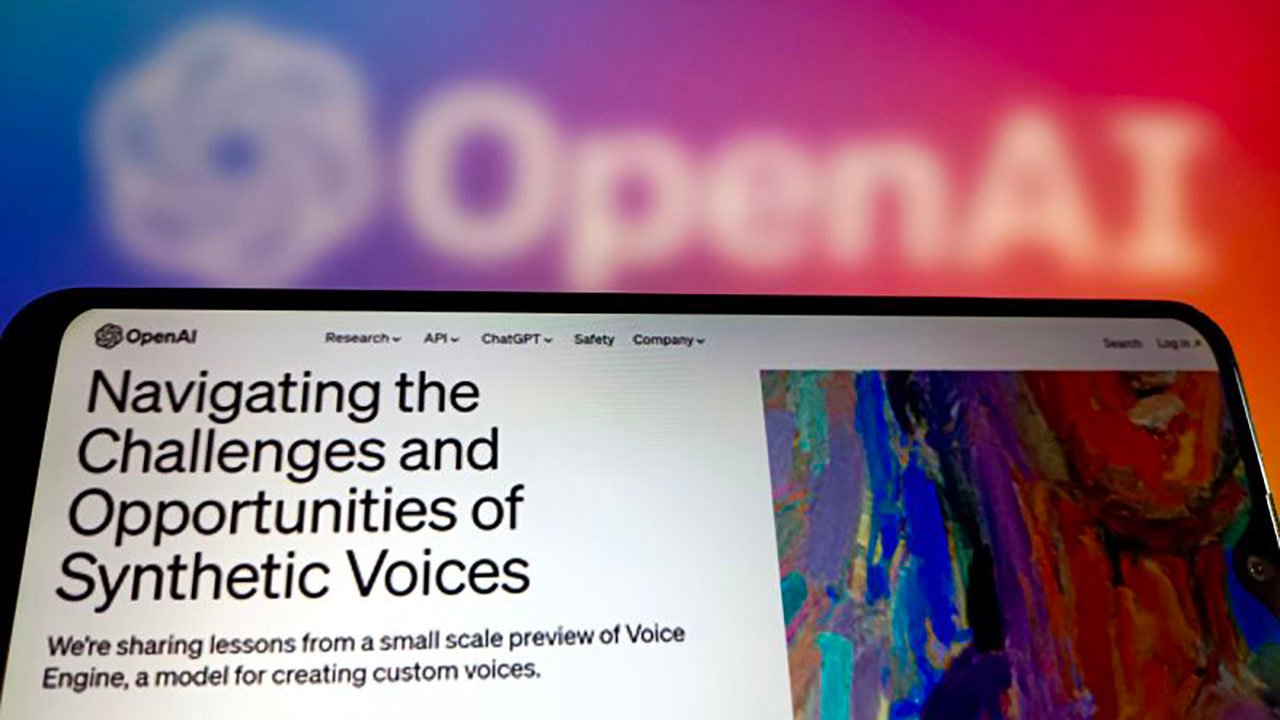In a world where technological innovation never ceases to amaze, OpenAI’s latest advancement in artificial intelligence takes center stage with its voice cloning tool, Voice Engine. This cutting-edge technology, capable of synthesizing human-like speech from a mere 15-second audio sample, underscores a significant leap forward in AI capabilities. However, OpenAI treads cautiously, withholding its widespread release amid concerns over potential misuse and ethical implications.
At the heart of Voice Engine lies a sophisticated blend of diffusion processes and transformers, allowing for the generation of realistic speech patterns without extensive training on user data. This model not only promises high-quality speech output but also positions OpenAI as a formidable competitor in the voice replication market, rivalling giants like Amazon’s Alexa.
Despite the allure of its capabilities, Voice Engine’s public access remains restricted, with OpenAI prioritizing responsible deployment to navigate the complex landscape of digital ethics and security.
The implications of Voice Engine extend far beyond technological prowess, casting a shadow over the future of voice acting and the broader talent industry. With its cost-effective and high-quality voice cloning, OpenAI’s tool could potentially commoditize voice work, prompting a reevaluation of the role of human voice actors in an increasingly digital age. Yet, amidst these concerns, some platforms strive for equilibrium, offering compensation models for original voice creators and establishing ethical frameworks for the use of synthetic voices.
Amidst the excitement and concern, Voice Engine’s capabilities also shine a light on the darker potentials of voice cloning technology. The ease of creating convincing synthetic speech raises alarm bells for misuse, including identity fraud and misinformation campaigns.
OpenAI’s decision to limit access reflects a deliberate approach to mitigate these risks, emphasizing safety measures such as explicit consent requirements and watermarking to trace the origin of generated audio.
Despite the challenges and ethical quandaries, OpenAI’s Voice Engine represents a pivotal moment in the evolution of voice cloning technology. As we stand on the brink of this new frontier, the conversation around synthetic speech, its potential, and its pitfalls becomes ever more critical. OpenAI’s cautious, responsible approach offers a model for the future, balancing innovation with the imperative to safeguard the integrity and security of our digital and social fabric.






























